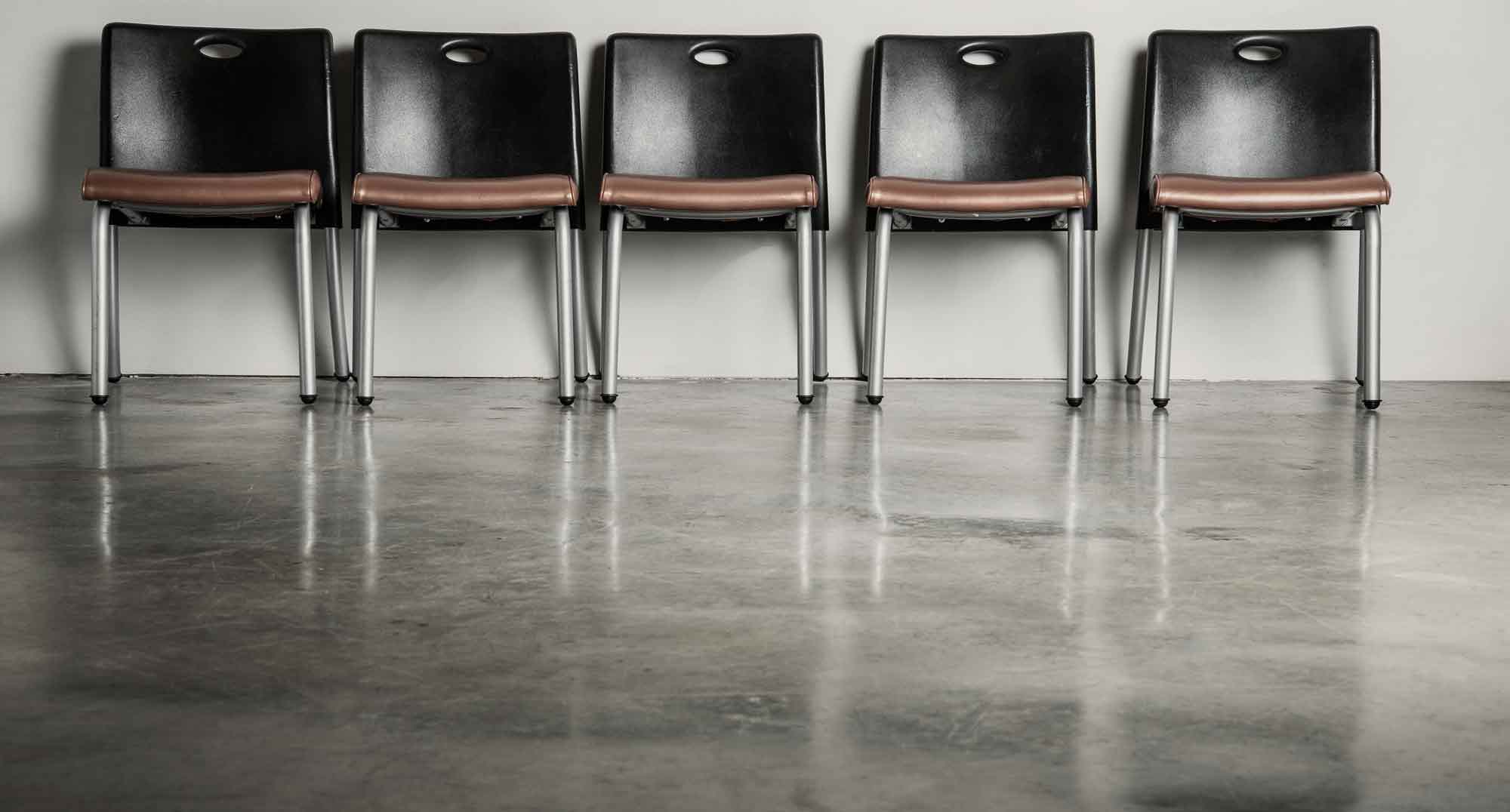ASHLEY HALES|GUEST
As a family, we needed to see something grow, to learn to care for green and growing things, to get our hands in the dirt. We needed a small starting place: a project that wasn’t about what we could do but what we could watch. So my husband built a custom cedar planter for our patio.
Then one Saturday we loaded up our four children into the minivan and headed to the nursery. While my children wanted berry bushes and fruit trees, we settled on things that would fit in our raised bed planter: a few starter vegetables and herbs, tomatoes, celery, cucumber, basil, dill, rosemary, cilantro, and mint. We put in rocks for drainage and fresh soil. We lined up our few small plants and made holes with our shovels. We patted down the earth. My daughter eagerly hoisted the green plastic watering can and watered each plant diligently. We told our children that growing things takes time. We’d learn to care for the plants together; we’d practice patience.
Within days, the cucumber vines spilled over the edge and we noticed the popping yellow flowers. A few more days and little cucumbers dotted along the edges of vines. Each morning my daughter would head to the planter, water the vegetables, and run up the stairs excitedly showing me with her fingers how much her cucumber had grown. Some mornings when we discovered the leaves turning colors or a hole in a big green leaf, her joy would be stifled for a minute but then the refrain: “But Mama, we have more cucumbers, still!” We watched and waited, and something grew from nothing. Cucumbers were a miracle and waiting for them was magical.
But as we grow older, waiting feels like an inconvenience or affront. We take out our phones when we’re waiting in the grocery store aisle for two minutes. We listen to podcasts on our commute. We leaf through magazines at the doctor’s office. Waiting leaves us with a silence we don’t know what to do with.
Impatience with waiting is nothing new. Like the antsy Israelites who built a golden calf because they were tired of waiting for Moses to come down from the mountain, we don’t wait well.
Waiting evidences our limited autonomy and knowledge. We are subject to time and to conditions beyond our control. The seasons remind us of this: we plant seeds in the ground, but we cannot make things grow. Some plants, like the cucumber plant in our planter box, quickly sprout and spread; others never really get going. Like plants, we are subject to the loving care of our Father and the conditions in which he’s placed us. And as much as we plan and make wise choices, we cannot control our lives.
Waiting reminds us that although we have agency, we are not ultimately in control. For those of us who find value in achieving, working hard, and crossing off tasks on our to-do lists, waiting can push us into a tailspin as it unhooks the lynchpin between who we are and what we do.
When forced to wait, we must reckon with the deep questions of identity. Who am I when I am not productive?
What if waiting weren’t something to get past and hurdle over—a blip on our race to the top? What if waiting is an invitation to see ourselves as children again, dependent on a good Father?
When we learn to wait well, we get to leave behind the hustle that feels like anxiety, the sense we’re always behind where we should be. When we wait well, we leave behind hurry; we slow down to see the beauty of being a creature, a part of God’s good created order, not the masters who are responsible for keeping it all spinning. Waiting allows us to see ourselves as exuberant children, running to God to show him the state of the garden.
Waiting is good news: it is an invitation into a spacious life, not the barrier to it.
Waiting time isn’t wasted time.
Waiting opens us up so God can make his home in us. In the waiting, we are becoming. We’ll find in those small spaces of our own soul the amber light shining through a crack, even in the places of deep pain and darkness.
We think we can only find spaciousness when our circumstances are increasingly good. While you feel dizzy and confused waiting or in pain, hold on. Take heart, a spacious life cannot be found apart from wilderness moments. We must go through them—not numb them, run from them, stuff them down, or freeze them.
Our limits create for us a house in which God can dwell. Our limits create the texture of our conversation with God in waiting times. When we live the unlimited life full of hurry, we bypass eternal nourishment that can satisfy our deep hungers.
And our job as we wait isn’t grand aerobatics but simply to hold on—or rather, to be held securely. When he sees us curled into the cleft of our sure foundation, perhaps the look on our Father’s face is the same giddy delight on my daughter’s when she’s noticed a new cucumber: “Look!” she cries. “Come and see what’s here! Isn’t it amazing?”
Adapted from A Spacious Life by Ashley Hales. Copyright (c) 2021 by Ashley Hales. Published by InterVarsity Press, Downers Grove, IL. www.ivpress.com
About the Author:
Ashley Hales
Ashley Hales is author of the recently released A Spacious Life: Trading Hustle and Hurry for the Goodness of Limits. You can take your free hustle habit quiz and get prayer “pocket practices” to help you experience spaciousness in your life at her website. Ashley hosts the Finding Holy Podcast, is mother to 4 children, wife to a pastor, and holds a PhD in English.

